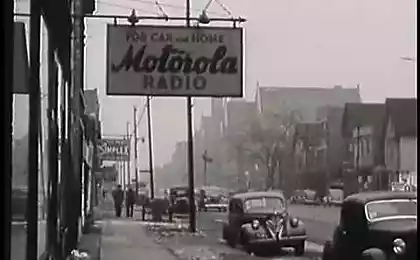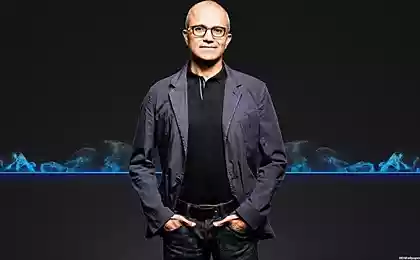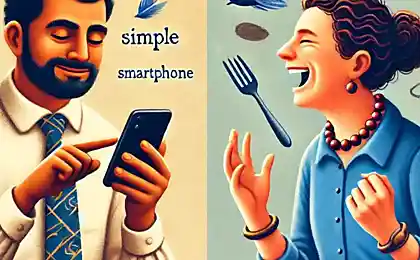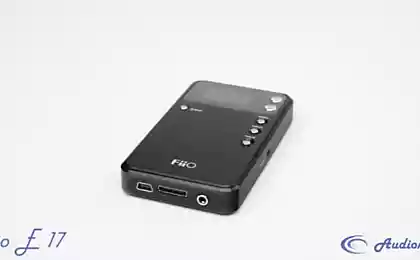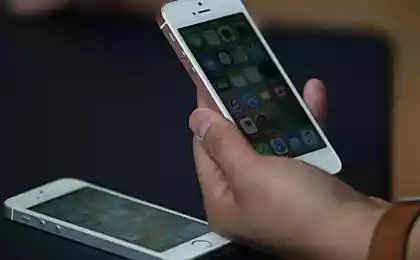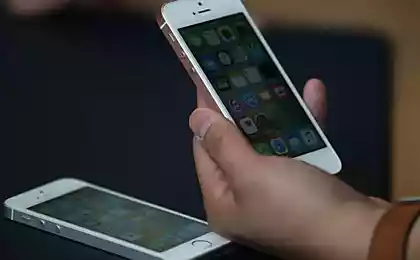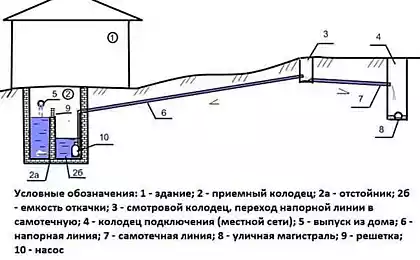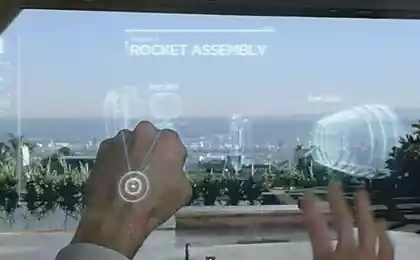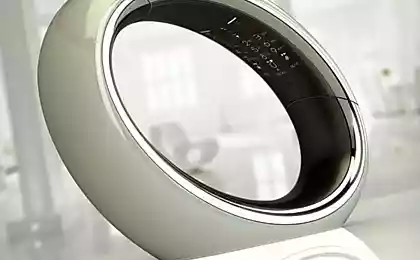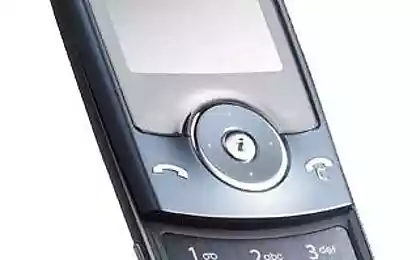372
10 modern devices that are hopelessly outdated
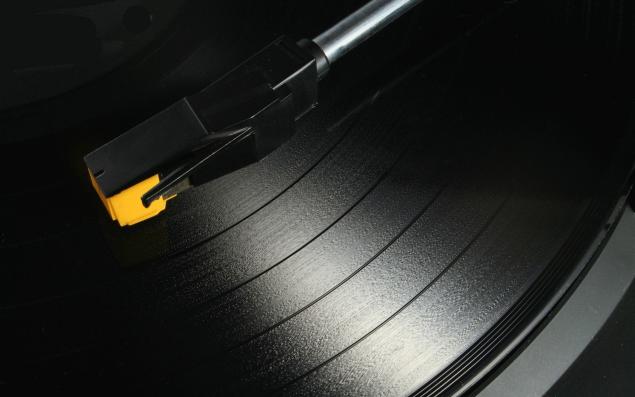
All our electronic devices are getting smaller, faster and more powerful. In parallel with this, the old versions begin to grow gray. When that happens, we either torment them to the bitter end or simply throw them out of history.
But inertia and human nature are funny things. Often, devices that infiltrate the market en masse are lingering in our homes, cars, and pockets simply because we are too lazy or stingy to invest in new and better alternatives.
In other cases, old things provide us with a certain nostalgia, and in some cases even surpass modern descendants. For example, vinyl records, which are not as comfortable and portable as their MP3 counterparts, give a warm sound, are aesthetically appealing and generally very pleasing, as their proponents claim.
But most devices are not so lucky, especially when it comes to handheld electronics. A whole bunch of products became useless after the advent of smartphones. When one small phone or computer can do hundreds of tasks very well, it is no longer necessary to carry a photo, video camera, tape recorder, MP3 player, paper cards and ten thousand other things.
Origami Navigation Nightmare

For centuries, paper maps have provided our ancestors on every continent with useful navigation, safe travel, economic turmoil, and depressing family vacations. Conventional cards have a lot of advantages. But even Christopher Columbus couldn't fold them properly.
Since 2003, when GPS-navigators and smartphones began a triumphant march around the world, sales of paper cards have plummeted. Gradually, some countries stopped printing their national maps.
Paper is hard to compete with a device that provides step-by-step instructions and tells you where to go. Of course, if a flash in the sun destroys GPS satellites and cell towers, and the apocalypse begins, you will be grateful that for years you have kept an old, worn and poorly folded paper map. But are there no alternatives?
Alarm clock extinction

Alarm clocks, ringing, annoying ticking – all this should be sent to pterodactyls and tyrannosaurs. The need for alarm clocks has also been exhausted with the advent of smartphones.
Why pay for something that has long been a feature of the phone? Anyone else buying alarm clocks? The smartphone does not start flashing when the battery goes down. Doesn't shine red in your face. It does not need backup power in the form of a 9-volt battery.
Flash drives
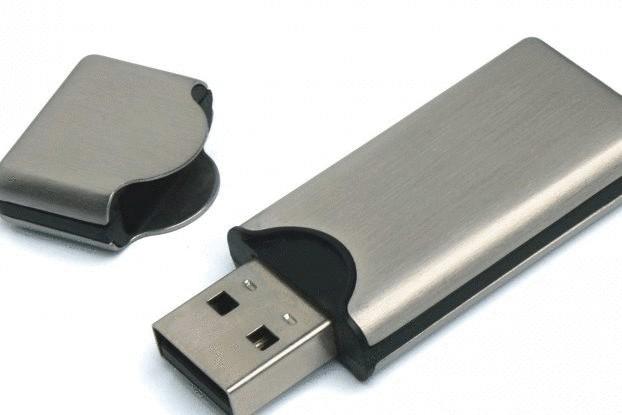
CD-ROMs are slow. Direct cable connection is difficult to establish. Flash drives, unlike these two options, are fast, overwritten and almost instantly recognized by all kinds of devices. And now that they're ubiquitous, they're worth pennies.
Flash drives are a real pleasure. They store many megabytes or gigabytes of data that can be written to them in minutes for many months. They transmit data at high speed. They look in the shape of a lock, which is very convenient.
There's a problem, though. You can now access numerous free cloud storage services like Dropbox. Instead of dealing with a physical thing that is easy to lose, your files will always be accessible from any device connected to the Internet.
The flash drives were cool. Their brief stay at the top of the tech mountain flashed too quickly.
Who needs CDs?
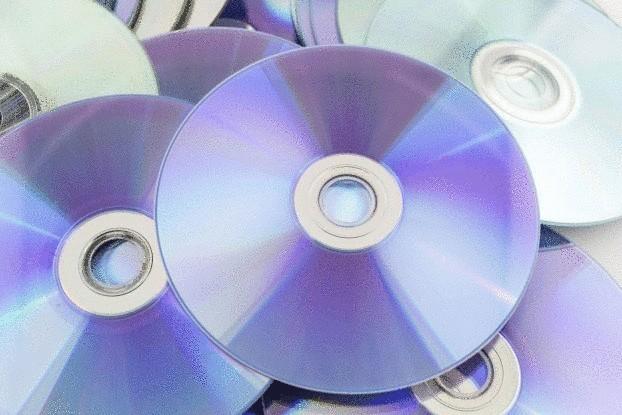
The ubiquitous optical disc that holds music, film, or software is a living corpse of our worst nightmares... that refuses to die. Yes, an optical disk can store gigabytes of data. Wow. Wow.
It's also easy to break. And licensed discs are too expensive to accidentally drop one and never turn on again. And they take up a lot of space, too. Remember those dusty disk racks? Memories are memories, but everything comes to an end.
The discs are slow enough. Put it in a CD-ROM. Wait. Wait more. Drink some tea. Perhaps only then will the installer find it necessary to start.
The iPod and other digital players have helped drive the discs into the new world. Flash drives and clouds help CD-ROMs do the same. These days, optical discs and CD drives are a useless addition, not a useful necessity. Streaming services, ubiquitous Wi-Fi, and movie rentals are gradually destroying DVDs and Blu-rays, which also have no place in our lives.
CPC
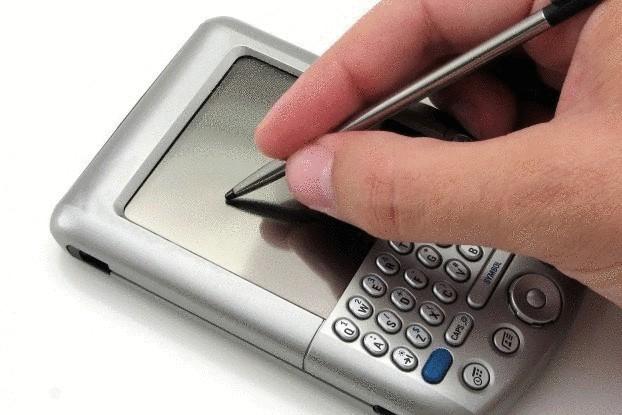
They seem so weird today. There was a time when incorporating notes, a dictaphone and a calendar into one device seemed like innovation. These wonderful devices were called PDAs (pocket personal computer) and were very cool. But not for long.
In fact, there are still people who use PDAs, despite the fact that the cheapest smartphone outperforms them in performance. It's a kind of attachment, or something.
Indeed, the exception may be warehouses, hospitals, and other similar companies where workers need a way to track inventory, collect data, or manage products. But this is universally treated with inexpensive tablets.
Besides, we still can't give up stylus. Perhaps ten years from now, or through Samsung’s efforts, we’ll be back to these great digital pens.
Dial-up access
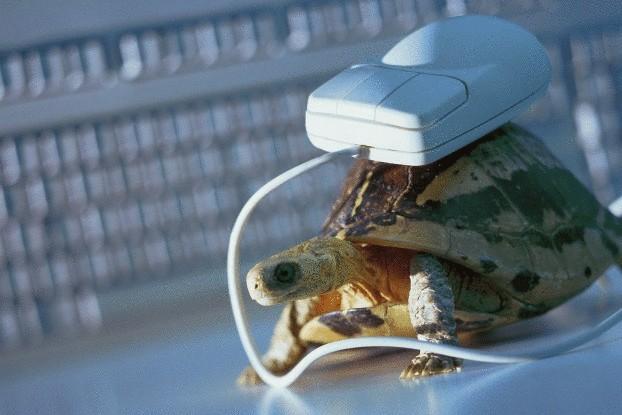
Around the world, about 5 percent of people still use dial-up Internet access. In contrast, 70 percent of people use high-speed broadband. Their online experiences are, shall we say, very different.
When you connect via broadband, you can play audio and video on multiple TVs and computers at the same time while sitting in a tablet and smartphone. If you use dial-up access, a single page in the browser can load for a minute.
Of course, the reason that technological progress is still lagging somewhere in our world can be anything from remoteness to poverty. However, this is a problem that needs to be solved and forgotten as a nightmare.
Pagers, remember?
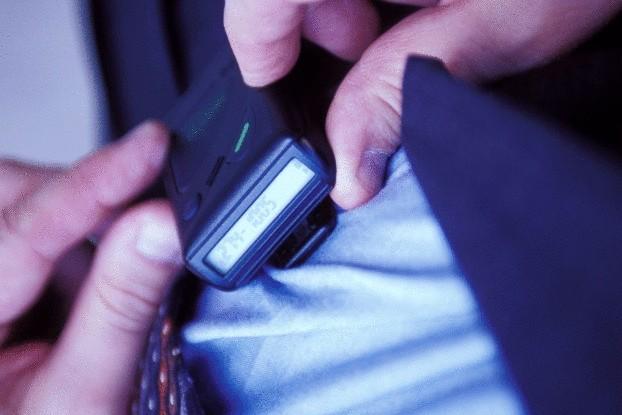
There was a time when a pager on a belt was the equivalent of "rolexes." You were the one who was always connected. Most often a doctor or lawyer (or drug dealer). In any case, the pager implied importance. Currently, it will only mean that you are hopelessly behind the times.
And yet, not so many years ago, people were buying pagers by the millions. In some rare cases, they may work a little more reliably than phones or something with internet access. American hospitals still practice paging. They rarely sit down and have a good connection.
But that's not enough to save pagers. Like everyone else, doctors prefer multifunction smartphones and don’t want to carry multiple gadgets. Soon the pagers will be on the sidelines, and the new generation does not even know what it is.
Kilometers of tape
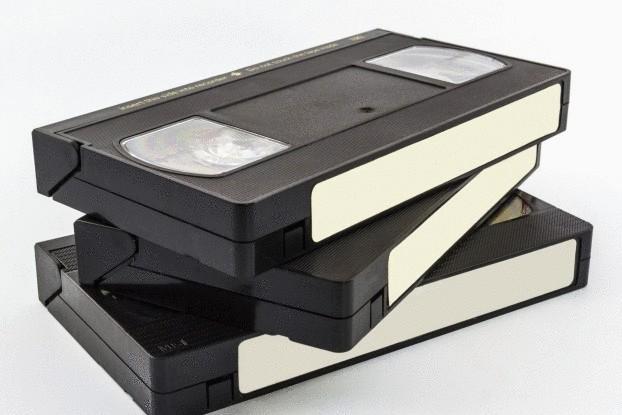
“The familiar VHS tape is fast on the path of an outdated 8-track,” the Washigton Post wrote in 2005. And ten years later, you know what? VHS isn't dead yet. At least we do.
People are still buying VHS tapes. Their ultimate goal is quite difficult to determine. Maybe they make good book holders. Perhaps the tape is unwound and used as a serpentine. Perhaps someone is too sorry that his old video deuce just idle.
However, in many regions of the world, VHS holds up surprisingly well in the era of DVD and streaming services. The so-called “video” is available in many apartments, even if it is a rarity. It's time to get out of this.
Compact cameras
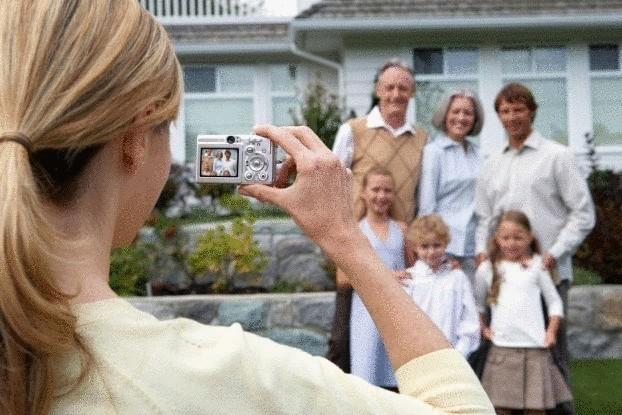
Oddly enough, the very moment handheld cameras peaked in quality, they became incredibly useless. Like many other consumer gadgets, these cameras have fallen victim to smartphones and for one reason only: no one wants to carry a smartphone and a camera.
It’s not like smartphones take good pictures. Most models can hardly be called a good friend of the photographer. But a simple compromise in the form of a camera in your smartphone is easier than another device in your pocket or bag. That’s why manufacturers sold about 132 million compact cameras in 2010, and 50 million fewer three years later.
Of course, there are still many people who do not want to get smartphones, and those who love the quality of small cameras. For everyone else, pocket cameras are gradually losing any meaning.
Air against the ground
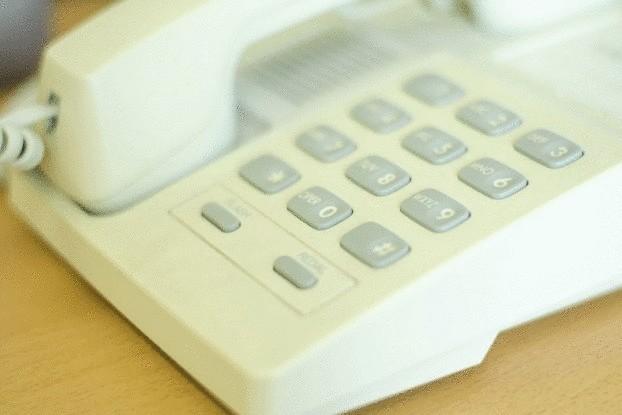
It's like a modern air force against the ancient Romans. There's no competition. There is simply the question of how long it will take the Air Force cellular technology to eradicate landline phones.
Over the years, many families have used both services. Mobile phones are for convenience, and traditional landlines are just in case. Most young consumers under the age of 30 do not see the point of paying for landline and cell phone maintenance at the same time. In an era where nearly 90 percent of the population owns a mobile phone, landline phones will die out faster.
All technology is changing and evolving, even these landline phones. But no matter how long they have been with us, they will eventually be replaced by something newer and more comfortable.
Source: hi-news.ru
Car USB charging straight from the movie "Back to the future"
Shimmering power plant for household waste

